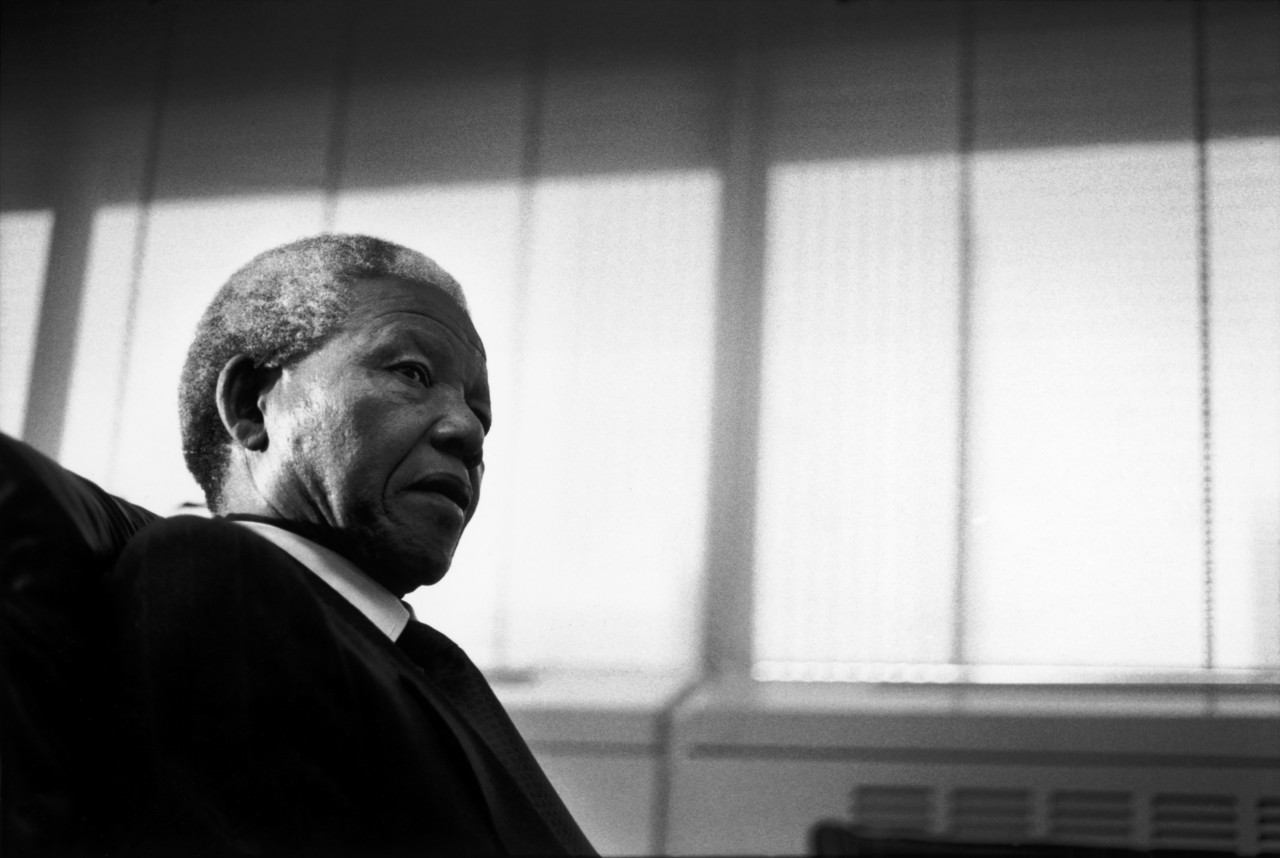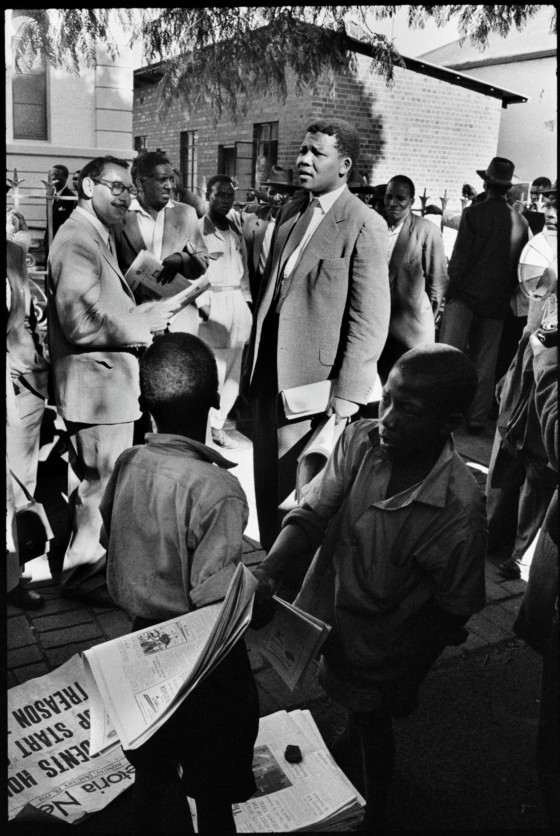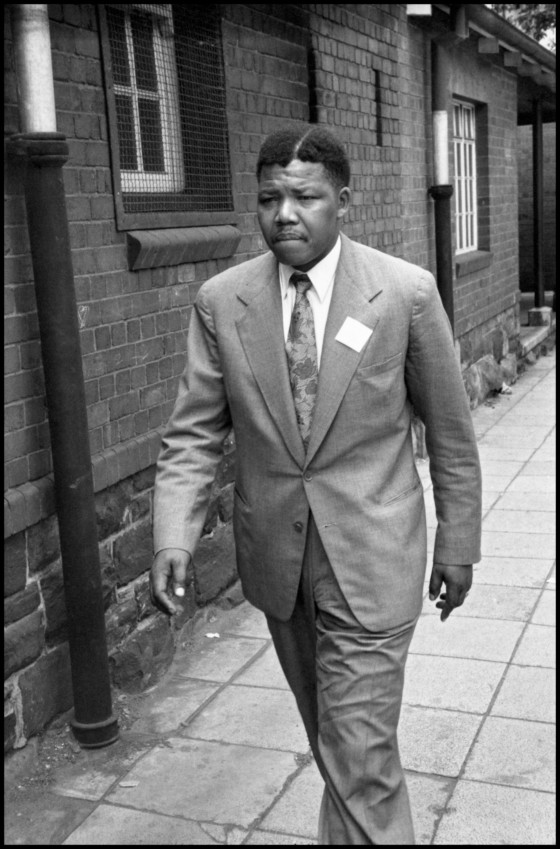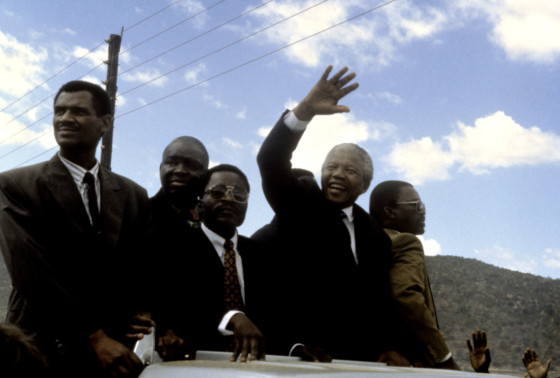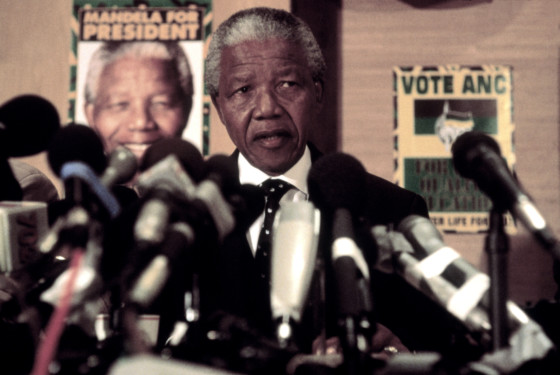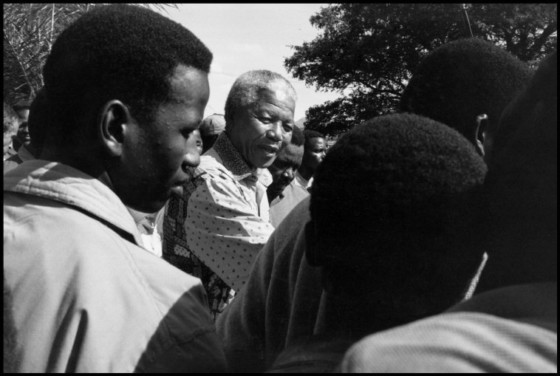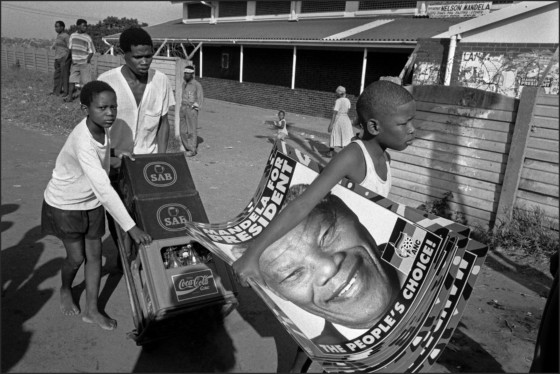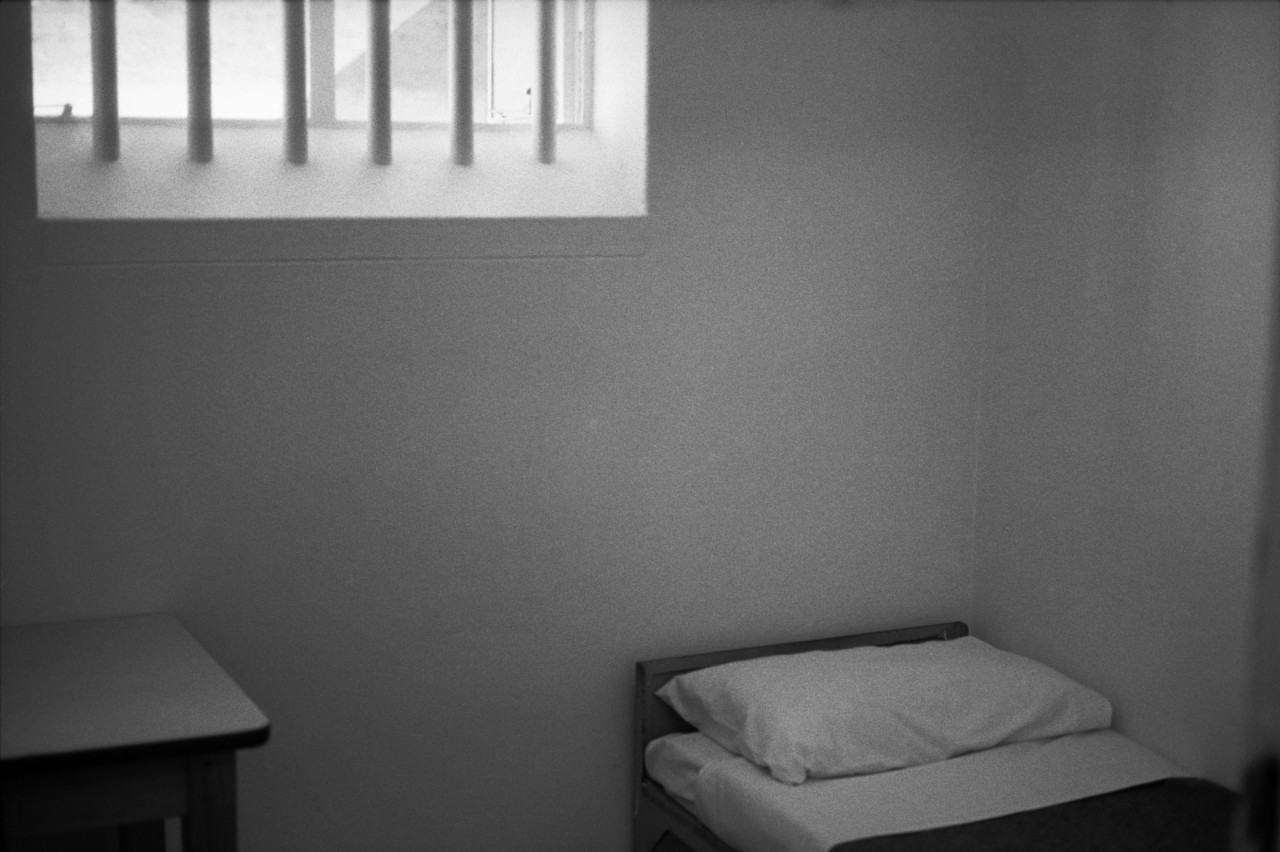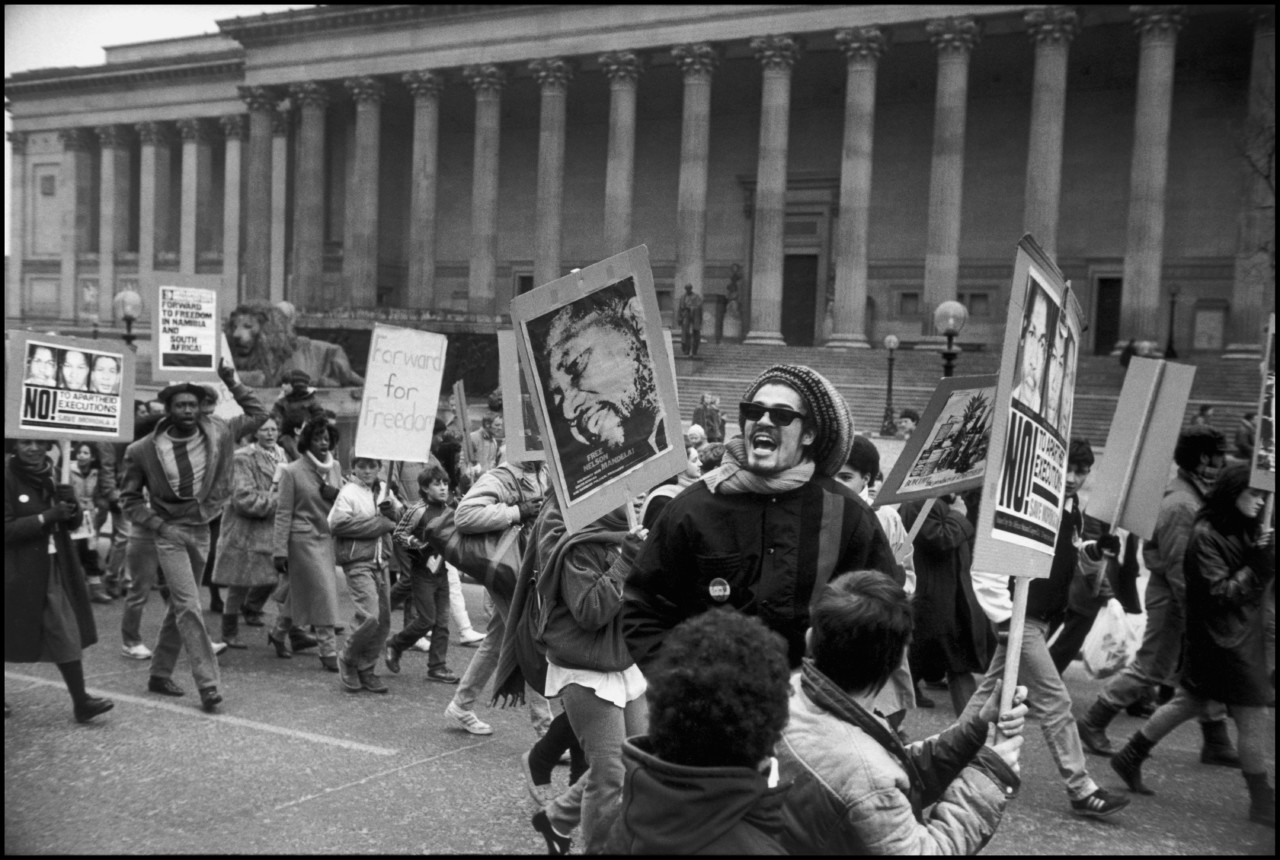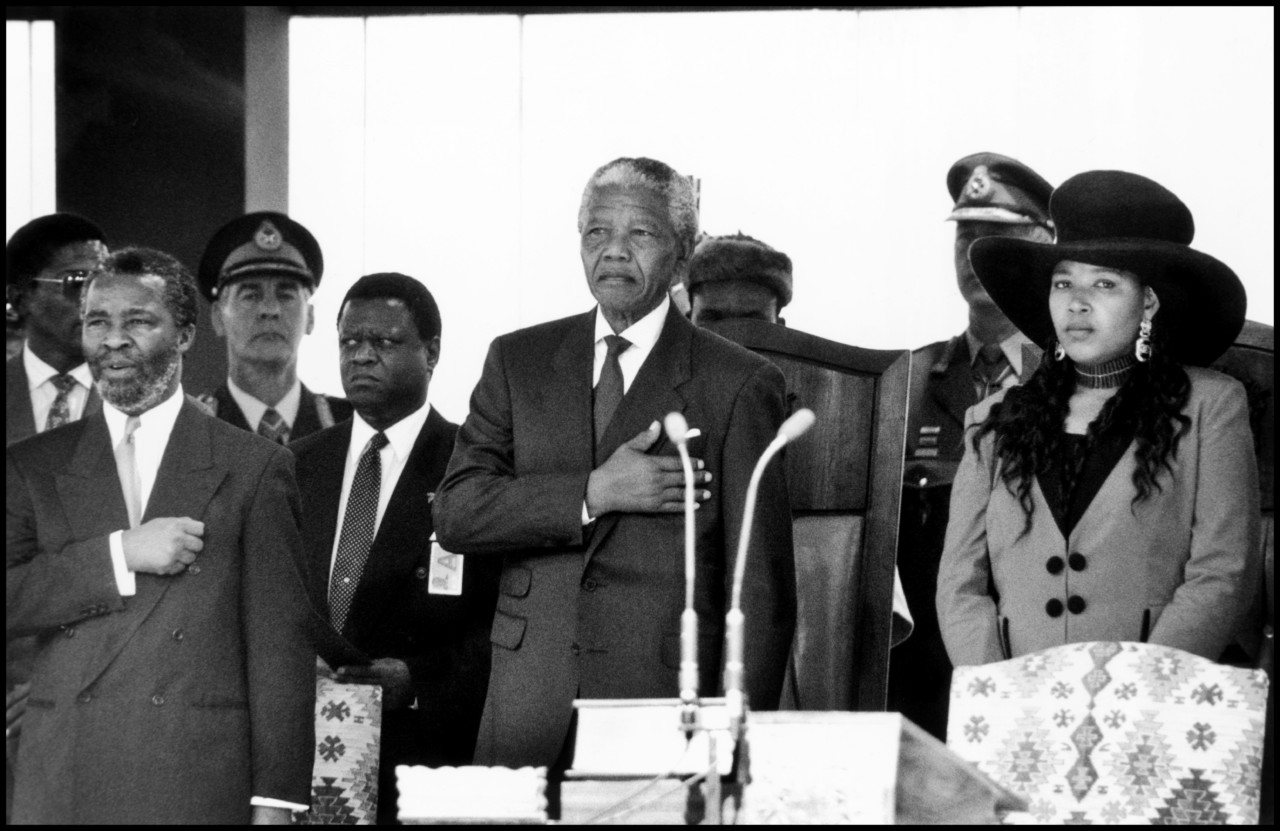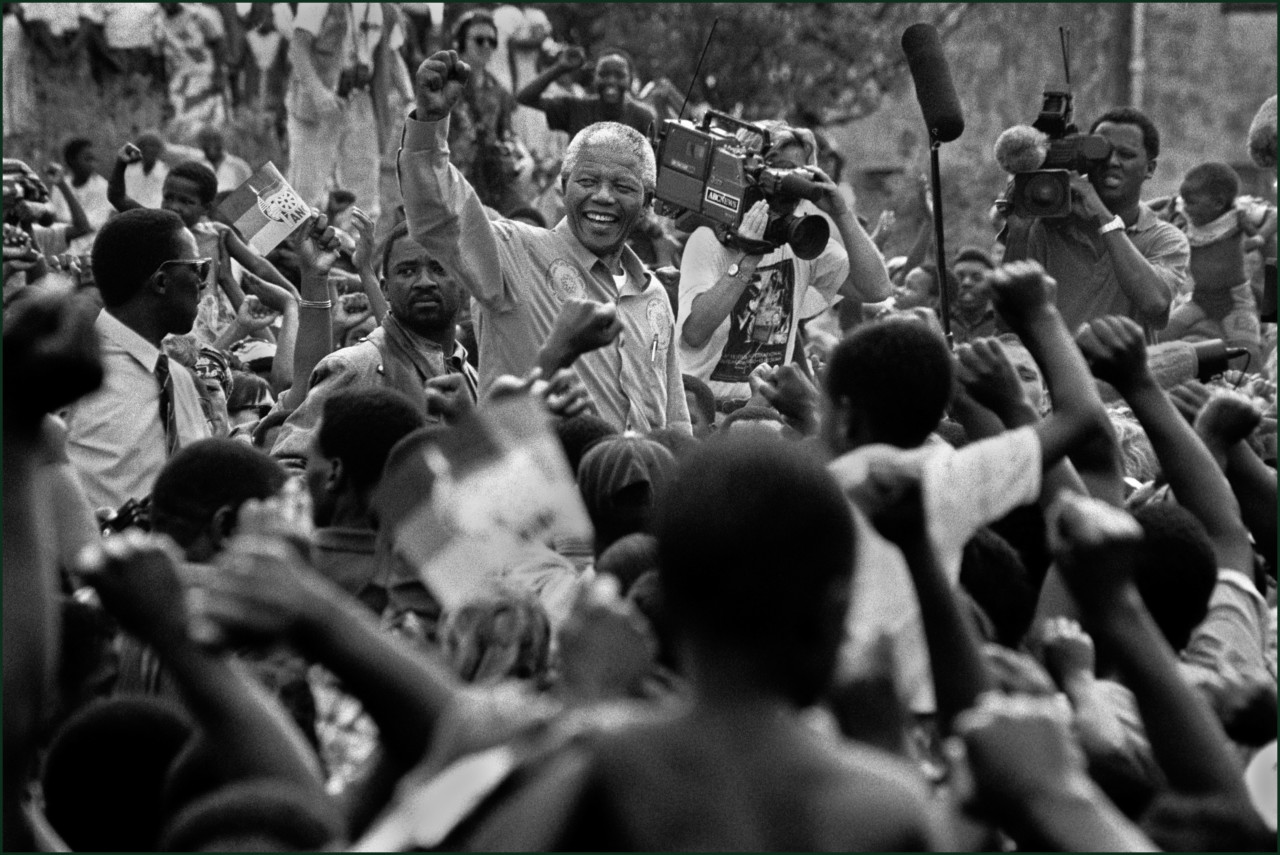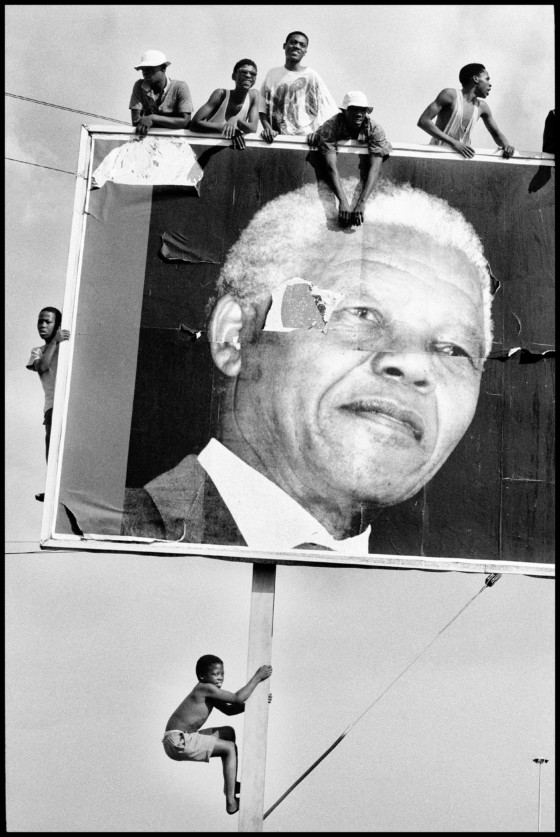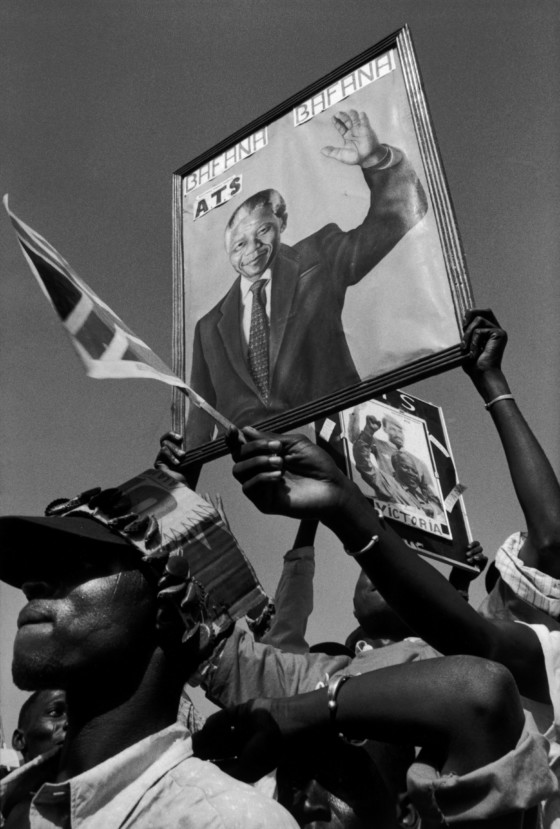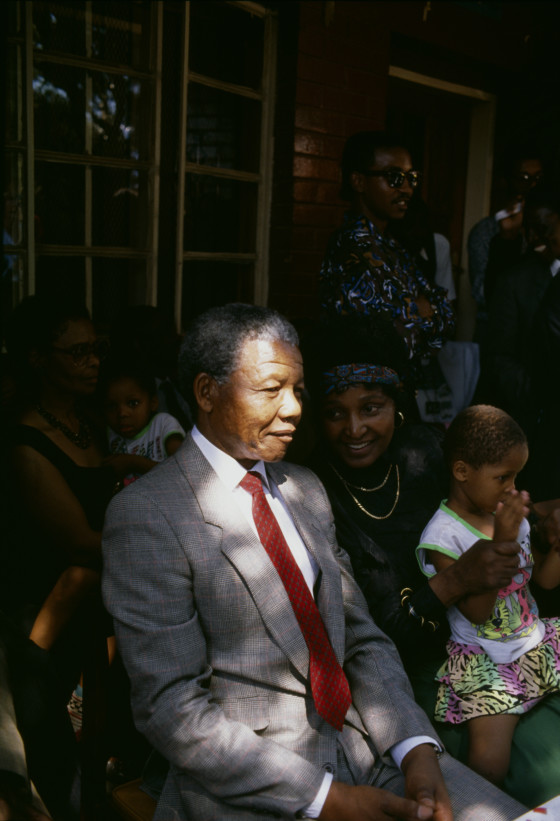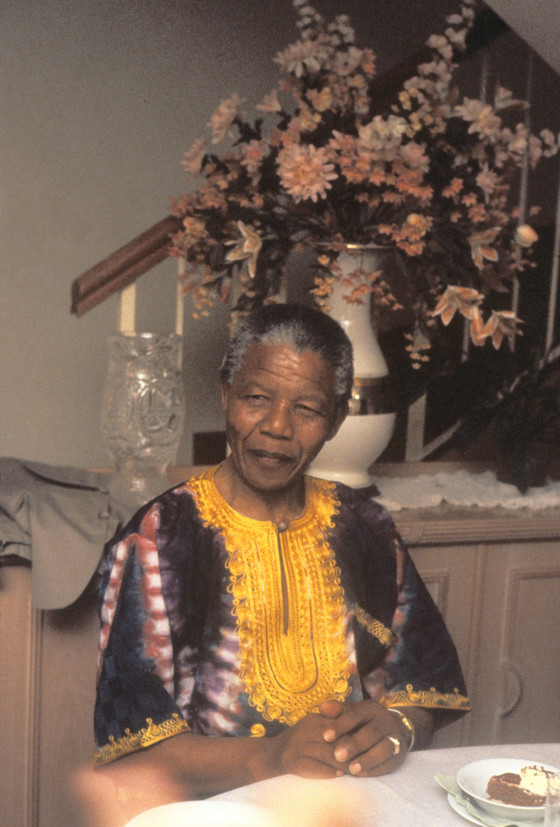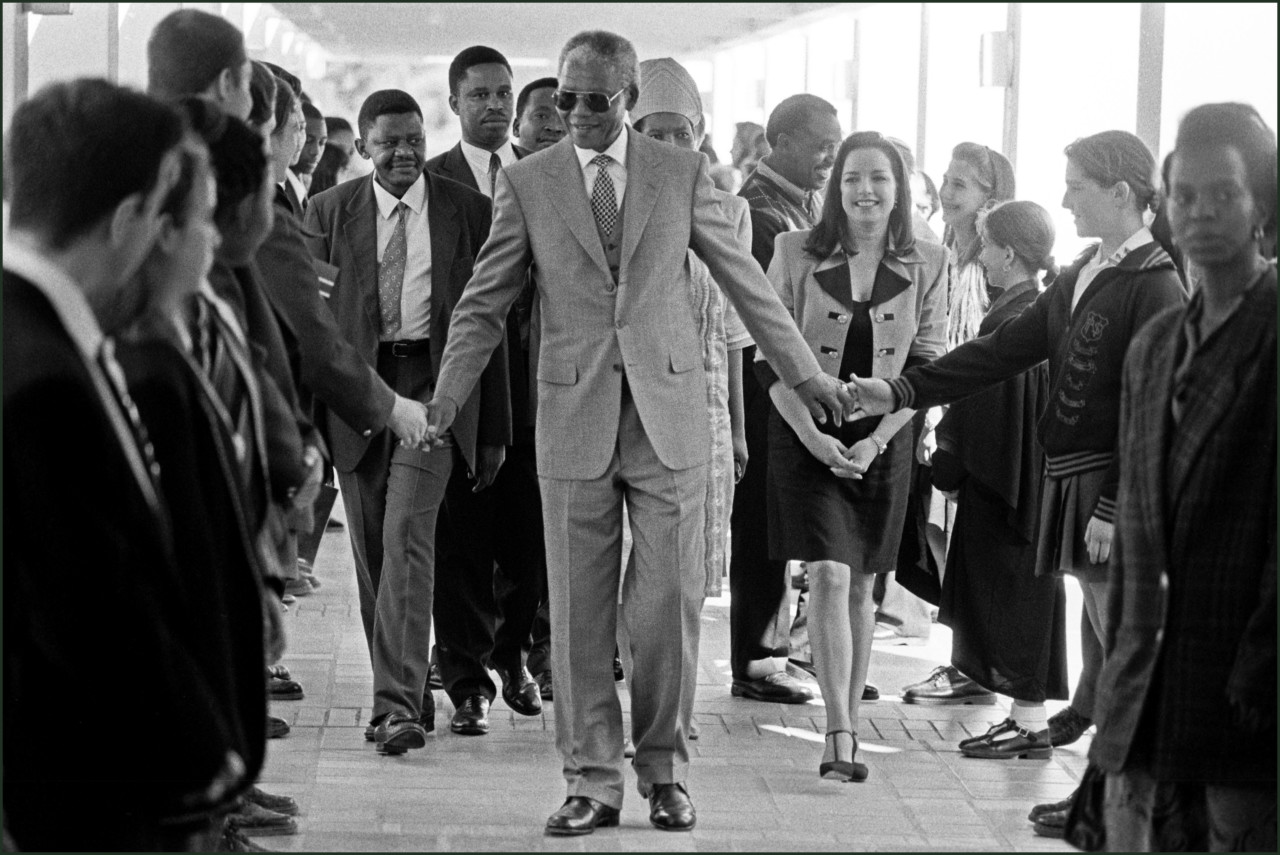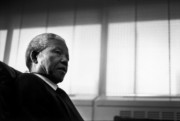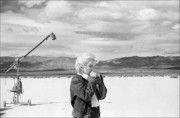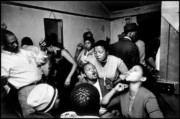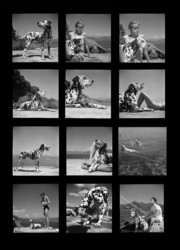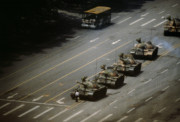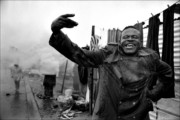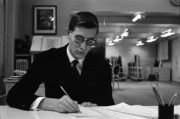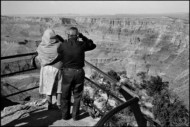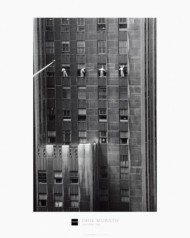In Pictures: Nelson Mandela’s Long Walk to Freedom
2018 marks 100 years since the birth of Nelson Mandela, one of the world’s most respected statesmen
Nelson Mandela, in his own words, dedicated his life to the “struggle of the African people”. As an anti-apartheid activist he lead the fight to end racial segregation in South Africa, became a global symbol of resistance to inequality before and after his Presidency and was awarded the Nobel Peace Prize in 1993.
Mandela, also known by his clan-name ‘Madiba’, was born in the rural southeastern region of Transkei into the royal African house of Thembu. His paternal great-grandfather was a king while his father was a local chief. In his memoir, A Long Walk to Freedom, Mandela credits his father – who died when he was nine-years-old – with instilling in him a “stubborn sense of fairness”.
Mandela’s long fight for social justice began in the early 1940s, when, as a student, he was exposed to radical, liberal, Africanist thought. He studied law at the University of Fort Hare (where he was expelled for joining a student protest) and later at the University of Witwatersrand in Johannesburg, where, as the only black student, he was exposed to racist abuse from both the students and faculty. This propelled him to join the African National Congress (ANC), where he co-founded its Youth League and—with the help of his colleagues—turned it from a cautious organisation into a political force.
When the ruling National Party (NP) established apartheid in 1948, Mandela and the ANC dedicated themselves to its abolishment. Now a practicing lawyer with his own firm, Mandela spent the 1950s touring South Africa spreading the ANC’s message of equality, justice and human rights, while organising mass civil disobedience. But the NP remained intransigent.
Imprisonment scarred a large part of Mandela’s adult life. The Sharpeville massacre in 1960—where 69 people were shot dead at a protest against the Pass Laws—triggered the arrest, without trial, of hundreds of political activists, including Mandela. He was released but forced to go underground; he left the country illegally and travelled globally to drum up support for his campaign to end apartheid.
Upon his return in 1962, he was captured by police and sentenced to five years for inciting a workers’ strike. A year later, the government uncovered documents describing the militant wing of the ANC’s plans for guerilla warfare. He—along with 11 ANC leaders—were charged under the 1962 Sabotage Act. During the Rivonia Trial, he chose not to take to the witness stand but instead made a three-hour statement explaining the history and motives of the ANC. He was sentenced to life imprisonment.
"He taught us forgiveness on a grand scale"
- Muhammad Ali
But during Mandela’s 27 years of incarceration, an active anti-apartheid movement grew around the world. Mandela’s plight was kept in the public eye through tireless campaigns, demonstrations, music concerts, parades and isolationist tactics led by foreign banks, including Barclays, who withdrew their investments from South Africa. Mandela was eventually released in 1990, the same year that the National Party began to repeal racial legislation.
Four years later, Mandela became the first president of South Africa to be elected in fully representative democratic elections, in a landslide victory. During his five-year tenure, he pushed forward with his mission for nation building, peace and reconciliation, while also addressing the economic legacy of apartheid. He became known for his intelligence, magnetically warm personality and an ability to find common ground with allies and enemies alike.
"The best tribute we can pay to him is to do whatever we can to contribute to honoring the oneness of humanity and working for peace and reconciliation as he did"
- Dalai Lama
After Mandela’s death in 2013, the world’s most respected figures spoke out to honour his profound legacy. “The best tribute we can pay to him is to do whatever we can to contribute to honoring the oneness of humanity and working for peace and reconciliation as he did,” said the Dalai Lama. While Muhammad Ali said: “What I will remember most about Mr. Mandela is that he was a man whose heart, soul, and spirit could not be contained or restrained by racial and economic injustices, metal bars, or the burden of hate and revenge. He taught us forgiveness on a grand scale.”
July 18 of this year marks the 100th anniversary of Mandela’s birth. A century on, though the forces of racism and xenophobia continue to blot the global landscape, his legacy acts as a blueprint for freedom. His 2007 mandate to independent global leaders working for peace reads: “Support courage where there is fear, foster agreement where there is conflict, and inspire hope where there is despair”.


